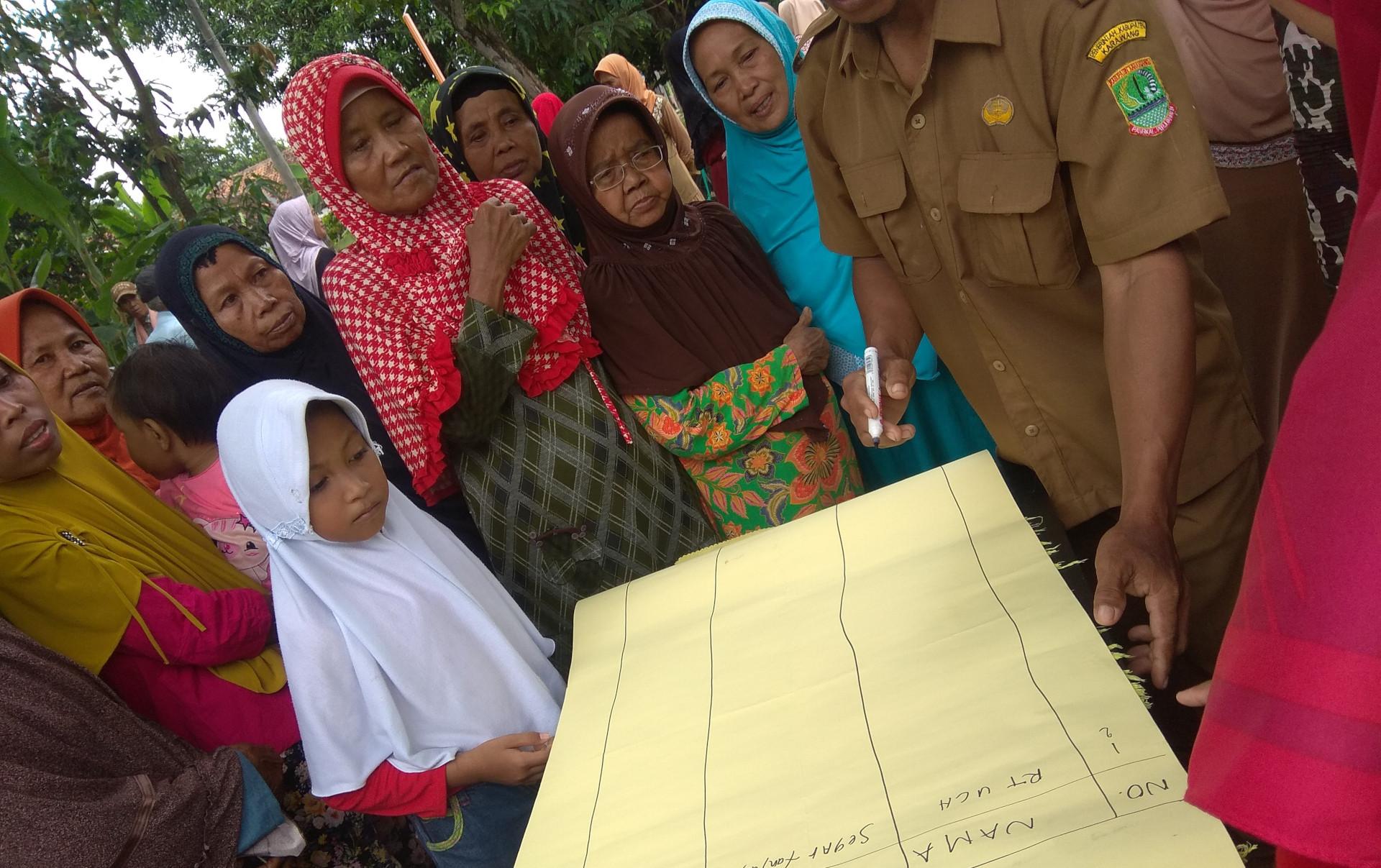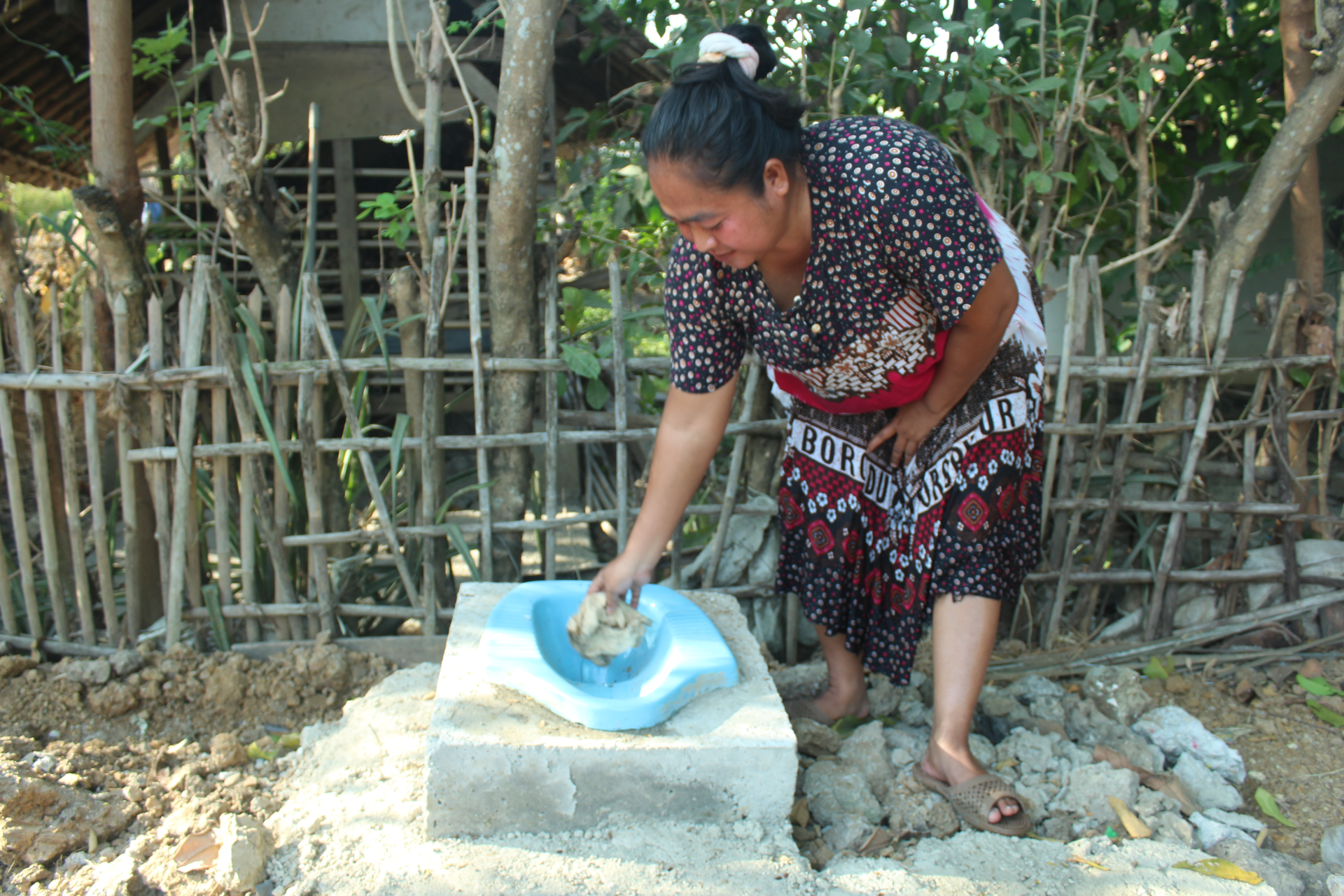Supporting communities by upscaling hygiene and sanitation facilities
Aug 30, 2024

APP Sinar Mas strongly believes that businesses are very much part of the environment that they operate in. As much as APP is dedicated to building and growing its business goals, it is equally steadfast in its commitment to improving the quality of life of these communities - wanting better lives for them and their generations to come.
APP’s CSR programme emphasises on community empowerment. As such, the aim is to nurture good relationships between the company and its community to deliver a sustainable livelihood improvement in the long run.
In implementing its CSR programmes, APP also pays attention to aspects of Creating Shared Value (CSV) and CSR alignment to support the company’s business to grow sustainably.
Apart from being guided by their Sustainability Roadmap: Vision (SRV), APP’s CSR works also refer to the Social Impact Assessment (SIA) that is conducted at a local level in the areas that they operate. The SIA as well as alignment with the government's development plan and continued consultation with its stakeholders, helps APP determine the suitable empowerment programme that needs to be implemented in an area.
While the global pandemic has created challenges and uncertainties, APP has not neglected its communities. To ensure even greater success, many community programmes are collaborations with various stakeholders. These programmes are set up with careful consideration of the specific needs of these communities.
One such CSR programme is the Pindo Deli Karawang (PDK) Mill in collaboration with SPEAK Indonesia Foundation. Since 2019, APP has worked with the SPEAK Indonesia Foundation (SPEAK) to provide clean water and sanitation for the local community. The project was Kutanegara Village, located near PDK Mill, where basic sanitation facilities were built. Training and education were also provided on the importance of hygiene and sanitation under a Community-based Total Sanitation Programme (STBM). The implementation of the programme also stimulated economic growth for the STBM group.

In 2019, when the programme ended with SPEAK, 80 toilets had been constructed. In 2020, this number further increased to 125 toilets, with community-led initiatives and funds managed by the village institution. Today, through their success in implementing community-based sanitation and waste management, the village was also selected as sampling for the government’s programme to eradicate stunting.
Following the success of the programme, in 2020, Kutanegara village also became a pilot for scaling up the STBM programme through the implementation of community-based waste management programme.
The programme, which received funding from the Ministry of Public Works and Housing, includes a waste bank operation, covering at least 200 households. With the support from Pindo Deli mill, the community group looks to further improve the village’s creative economy through the programme looking into the production of compost and catfish feed. The group also looks to develop catfish cultivation, particularly to empower the older generation.
(END)